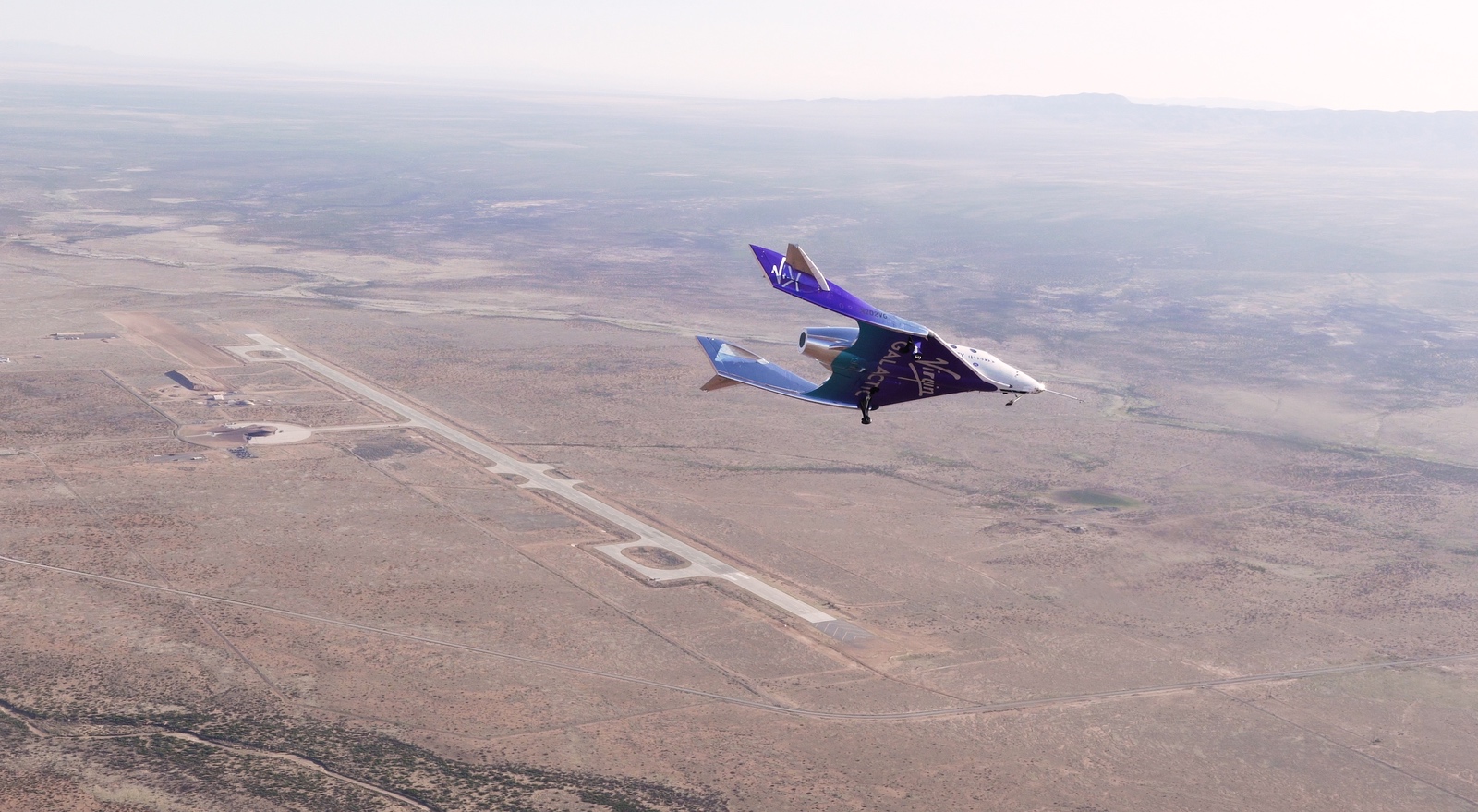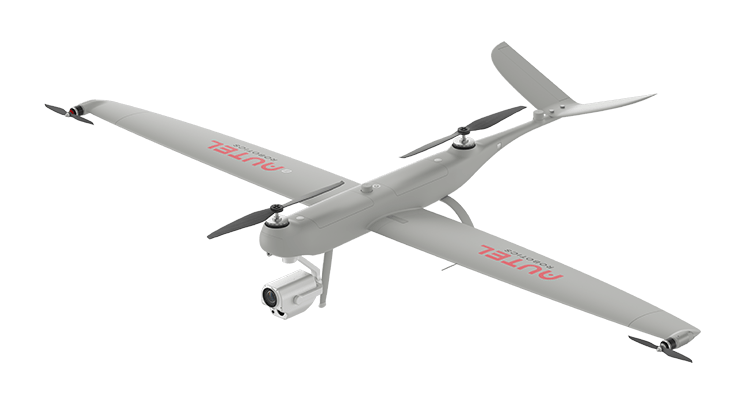WASHINGTON — As Virgin Galactic prepares to finally begin business flights, the corporate is providing latest details about how its next generation of vehicles can put the corporate on a path to profitability.
In a May 9 earnings call, company executives said they were on the right track to perform the primary spaceflight in nearly two years by its SpaceShipTwo suborbital vehicle, VSS Unity, in late May from Spaceport America in Recent Mexico. That flight, designated Unity 25, is meant to be a final test before starting business flights.
Virgin Galactic announced May 8 the crew of company employees who will go on the flight. Mike Masucci will likely be the commander of the flight with CJ Sturckow as pilot. The vehicle may also carry 4 company mission specialists: Jamila Gilbert, Christopher Huie, Luke Mays and Beth Moses.
The corporate is moving ahead with the powered flight, the primary since July 2021, after a successful glide flight by VSS Unity on April 26. “We were more than happy with the way in which each our ships performed,” Michael Colglazier, chief executive of Virgin Galactic, said in the decision, referring to each VSS Unity and its mothership aircraft, VMS Eve, that carried it aloft. “The flight provided the obligatory data to clear the vehicles for our next mission, Unity 25.”
He said later in the decision the corporate wasn’t planning any changes to the vehicles after the glide flight. “We’ve cleared ourselves to maneuver forward,” he said. “At this point, that is just about dialed in to the technical operations team moving through their procedures.”
The corporate has not announced a particular date for the flight aside from late May. Colglazier said in the decision they were “two and a half weeks away or so” from the flight.
If Unity 25 is successful, Virgin Galactic expects to conduct its first business flight, called Galactic 01, in late June. That will likely be a dedicated research flight for the Italian Air Force under a contract announced in 2019. Colglazier said business flights, carrying each private astronauts and research payloads, would follow on “regular intervals.” The corporate previously said they expected to have the opportunity to fly VSS Unity about once a month.
Delta-class financials
Virgin Galactic used much of the earnings call to speak not in regards to the upcoming Unity 25 flight but development of its Delta class of next-generation suborbital spaceplanes. The corporate provided latest details in regards to the economics of those vehicles.
“The Delta class will likely be the driving force of revenue growth and profitability for the corporate,” said Doug Ahrens, chief financial officer, on the decision. “We expect very attractive margins from the operation of our six-seat Delta class vehicles.”
With a ticket price of no less than $450,000 per customer, Virgin Galactic expects to generate a minimum of $2.7 million in revenue per flight. The operating costs per flight are about $400,000, which include the prices of flying each the spaceplane and its mothership in addition to training and hospitality costs for its astronauts. The corporate projects the amortized cost of every Delta-class spaceplane at $100,000 to $120,000 per flight, based on a production cost of $50 million to $60 million and estimated lifetime of 500 flights.
If those numbers hold, Ahrens said that will lead to healthy profit margins. With a flight rate of once per week, each Delta-class vehicle would pay for itself in about six months, he projected.
“With such attractive economics related to the Delta class, we remain laser-focused on the production of this system,” he said.
Nevertheless, it should be several years before Virgin Galactic will have the opportunity to reap those advantages. Colglazier said the corporate is spending this 12 months finalizing the design of the vehicle, which can have the identical outer mold line as Unity but with changes to its composite structure and upgrades to other systems, like avionics. That can make the vehicle lighter and faster to show around between flights.
The corporate expects to start out assembling the primary Delta-class vehicles at a brand new factory near Phoenix in 2024, with test flights in 2025. Business service with the primary Delta-class vehicles is projected to start out in 2026.
Executives said they were watching their money flow to make sure they manage to pay for to get there. The corporate reported a net lack of $159.4 million in the primary quarter with only negligible revenue. The corporate’s net loss was $93 million in the primary quarter of 2022, with increased research and development costs for its Delta-class vehicle a key consider the steeper loss.
Virgin Galactic is taking steps to cut back its money burn. The tip of overhaul work on VMS Eve and VSS Unity will reduce some spending. The corporate can also be pushing back work on latest mothership aircraft that will likely be used with the Delta-class spaceplanes, delaying expenditures on them by a couple of 12 months.
Colglazier said they concluded that VMS Eve can be sufficient to handle the test flight campaign for the Delta-class vehicles in 2025, meaning that the brand new aircraft wouldn’t be needed until those spaceplanes begin business service in 2026.
“We’re quite joyful with how Eve got here through the modification program,” he said, and has the capability to each support Unity business flights and Delta-class test flights in 2025. Deferring work on the longer term motherships enables “a more consistent money burn going through the following couple years.”
The corporate ended the quarter with $874 million in money, money equivalents and marketable securities available. “Clearly, the present economic environment demands operational flexibility,” Ahrens said, calling moves like delaying work on the longer term motherships “effective levers that will be employed to administer costs.”







